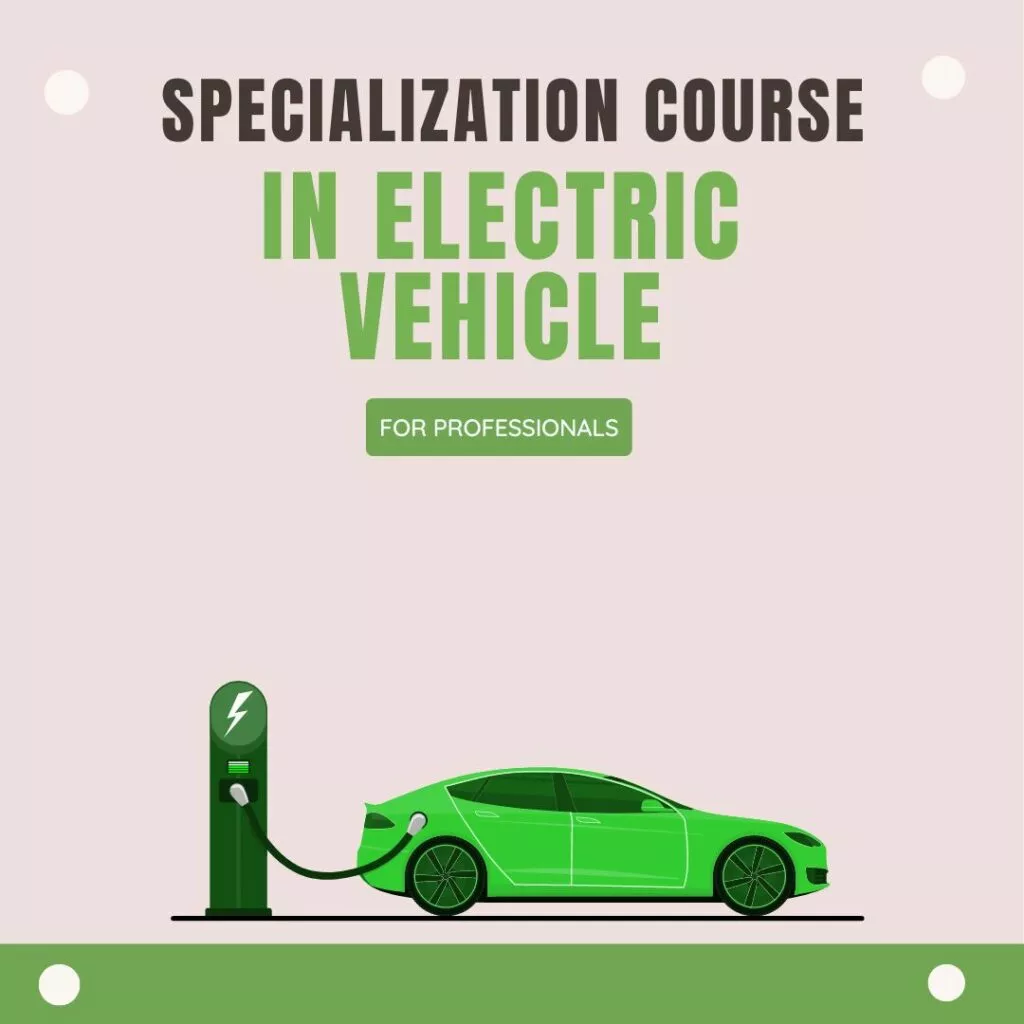Introduction:
Battery modules are an essential component of modern battery systems that are used to power a variety of applications, from electric vehicles to renewable energy storage systems. In this blog post, we will explore what battery module are, how they work, their various applications, and the different types available in the market.
What is a Battery Module?
A battery module is a self-contained unit that consists of one or more battery cells, along with the necessary electronics and mechanical components for monitoring and controlling the battery’s performance. Battery module is designed to be used together to form a battery pack, which can provide the required voltage and current for a particular application.
How Do Battery Modules Work?

Battery module works by converting the chemical energy stored in the battery cells into electrical energy, which can be used to power various devices. The electronics and mechanical components in the battery modules are help to monitor and control the battery’s performance, ensuring that it operates safely and efficiently.
Applications of Battery Modules:

Battery modules have a wide range of applications, from powering electric vehicles to storing renewable energy. They are also used in backup power systems, military equipment, and aerospace applications.
Different Types of Battery Modules:
There are several types of battery module available in the market, each with its own advantages and disadvantages. Some of the most common types include:
Lithium-Ion Battery Modules:
Lithium-Ion battery module is the most widely used type of battery module today. They have a high energy density, which means that they can store a lot of energy in a relatively small size. They are commonly used in electric vehicles, portable electronics, and renewable energy storage systems.
Nickel-Metal Hydride Battery Modules:
Nickel-Metal Hydride battery module is commonly used in hybrid electric vehicles. They have a high energy density and can deliver high power output. They are also relatively inexpensive and have a long lifespan.
Lead-Acid Battery Modules:
Lead-Acid battery module is commonly used in backup power systems and for starting engines in automobiles. They are relatively inexpensive and have a high power output, but they are heavy and require regular maintenance.
Flow Battery Modules:
Flow battery module is a type of rechargeable battery that uses two different electrolytes to store energy. They are commonly used in large-scale energy storage systems, where they can provide long-duration energy storage.
Conclusion:
Source: teamtechnik
Battery module is an essential component of modern battery systems, providing the necessary voltage and current for a variety of applications. Each type of battery module has its own advantages and disadvantages, and the choice of battery module depends on the specific application. As technology continues to evolve, we can expect to see even more advanced and efficient battery modules in the future.
FAQs:
Q1. What is the difference between a battery cell and a battery module?
Answer: A battery cell is the basic unit that stores chemical energy and converts it into electrical energy. A battery module consists of one or more battery cells, along with the necessary electronics and mechanical components for monitoring and controlling the battery’s performance.
Q2. What is the lifespan of a battery module?
Answer: The lifespan of a battery module depends on several factors such as the type of battery, usage pattern, and maintenance. Lithium-ion battery modules, for example, can last for several years with proper care.
Q3. Can battery modules be recycled?
Answer: Yes, battery module can be recycled. Recycling helps to recover valuable materials and reduces the environmental impact of battery disposal.
Q4. Is battery module safe to use?
Answer: Battery module is generally safe to use, but improper handling or damage to the battery can cause safety hazards such as fire or explosion.
Q5. Can battery modules be overcharged?
Answer: Yes, battery module can be overcharged, which can cause damage to the battery and reduce its lifespan. Most modern battery module has built-in protection against overcharging.
Q6. How do I dispose of an old battery module?
Answer: Old battery module should not be thrown in the trash. They should be recycled or disposed of at a designated battery recycling facility to prevent environmental contamination.
Q7. How do I know which type of battery module to choose for my application?
Answer: The choice of battery module depends on several factors such as the application’s power requirements, size, and weight limitations, and the battery module’s cost and performance characteristics. It is best to consult the manufacturer’s recommendations or seek expert advice.
Q8. Can battery modules be used in extreme temperatures?
Answer: The performance of battery module can be affected by extreme temperatures. Some battery modules, such as lead-acid battery modules, can perform well in extreme temperatures, while others may require special handling.
Q9. Can battery modules be charged and discharged simultaneously?
Answer: No, battery module cannot be charged and discharged simultaneously. Charging and discharging are mutually exclusive processes that require different chemical reactions to take place.
Q10. How do I maintain my battery module?
Answer: Proper maintenance of a battery module includes monitoring the battery’s performance, avoiding overcharging or over-discharging, and storing the battery in a cool and dry place when not in use. It is also important to follow the manufacturer’s recommendations for maintenance and replacement.























